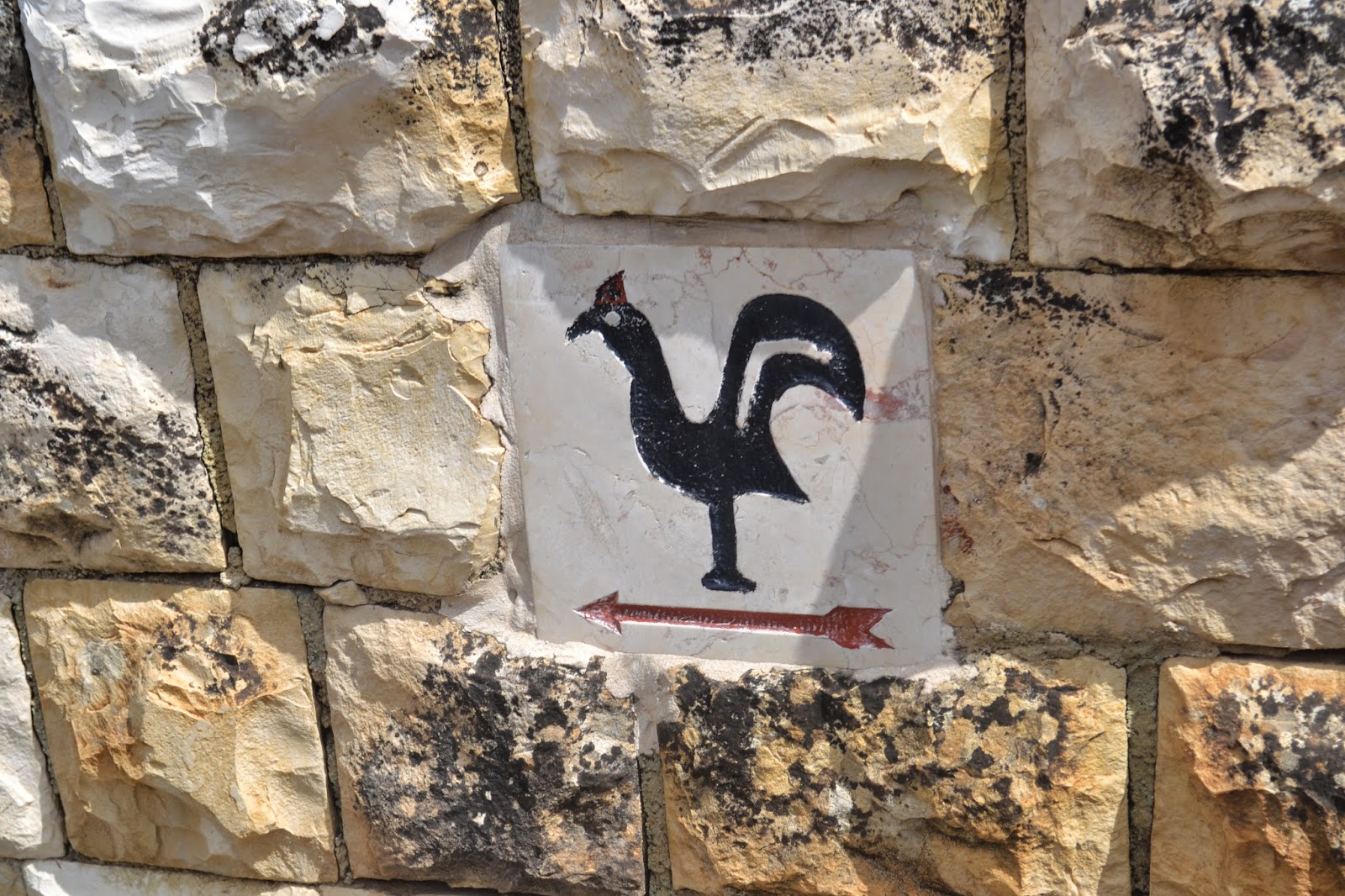We can only imagine how the disciples felt after Jesus' crucifixion. Their earthly king had not appeared, and they left Jerusalem secretly and made their way back to Galilee. They tried to find solace in their old occupations, but their nets remained empty and they were disconsolate. Peter especially carried the guilt of betraying his master in his hour of need. None of them had lived up to expectations.
We can only imagine their surprise at being greeted at the shoreline one morning by a stranger who directed them to cast their empty net to the other side - where they brought up so many fish that their net tore. Peter had to be shocked to find Jesus sitting by a charcoal fire, grilling fish and bread for their breakfast. Peter must have been reminded of that charcoal fire in the courtyard of the high priest on that night not so long ago. There he warmed himself before uttering those imfamous words..."I am not," after being asked if he was a disciple of Jesus.
Tradition says that this breakfast meal was shared on this rock which makes up the altar of the Mensa Christi. Jesus did not greet Peter with words of recrimination or judgment, but addressed him with love, asking Peter three times to confess his love for Jesus; each proclamation erasing an earlier denial.
Jesus know that Peter had betrayed him and was a sinner. Why does he choose Peter to be the leader of his church on earth? Why not choose one of the other disciples - someone who hasn't let him down? Jesus knows Peter's heart. Jesus also wants to model for his disciples, and for the world, the way of forgiveness. Reminisicent of the Parable of the Prodigal Son, Jesus goes beyond what is expected to put things right with Peter. More than just forgiveness, Jesus restores Peter to a right relationship: Christian reconciliation motivated by love. What a lesson for us!
Jesus knows Peter's heart. Jesus takes Peter's love and directs it out into the world - calling him to be a shepherd and a fisher of men. At this moment on the beach Peter could not have known what was in store for him. He said "yes" to Jesus not out of his belief in himself or his belief in his abilities, but because of his belief in Jesus. We know that Peter was up to the task, and that he was able to give this same gift of forgiveness many times over the remainder of his life.
As Christians we must be able to both forgive and be forgiven. Forgiveness gives life both to the giver and the recipient, and frees us from spiritual death. Only when we are free can we respond to Jesus' call to "Follow me!"





No comments:
Post a Comment